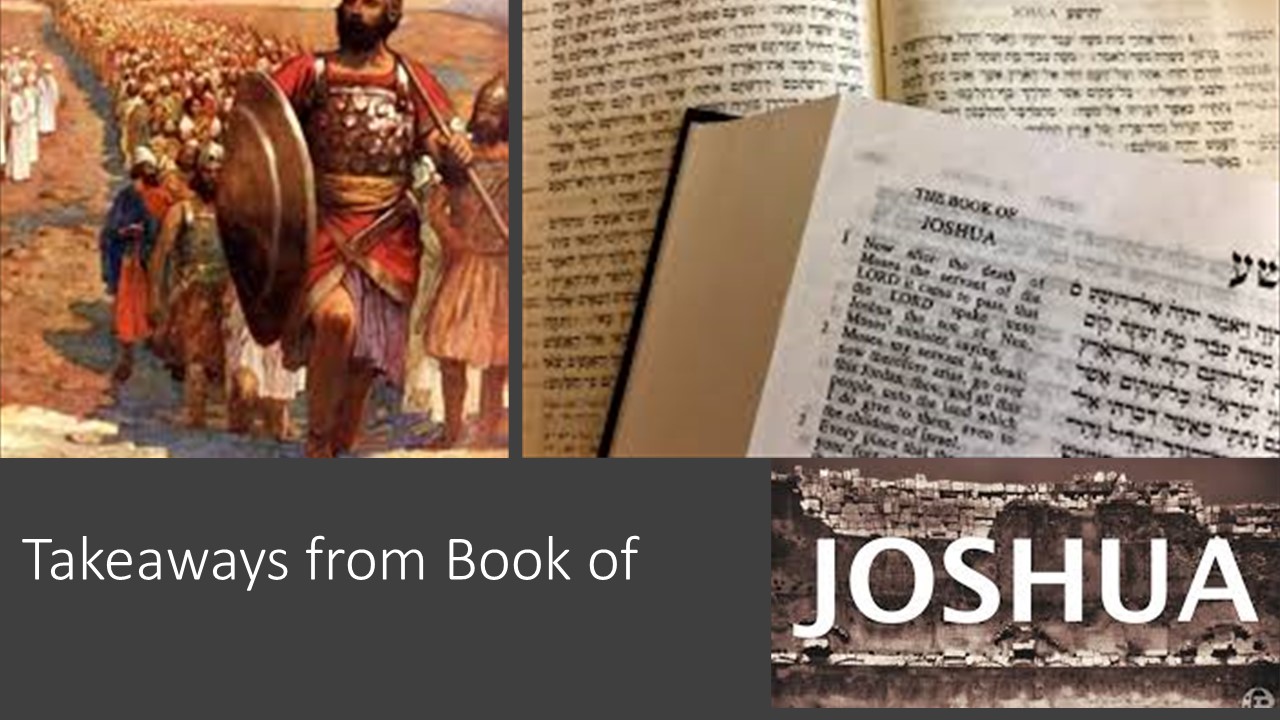The Book of Isaiah significantly influenced the New Testament, particularly in the writings of the Gospel authors and Paul. This influence is manifest in direct quotations, thematic parallels, and the fulfillment of prophecies. Matthew, aiming to present Jesus as the Messiah to a Jewish audience, frequently cites Isaiah, using prophecies like Isaiah 7:14 and Isaiah 9:1-2 to affirm Jesus' messianic identity and His teachings. Mark's Gospel begins with Isaiah 40:3, setting the stage for Jesus' ministry. Luke, emphasizing Jesus as the universal Savior, reflects Isaiah’s themes, notably in Jesus' reading from Isaiah 61 in Luke 4, affirming His role in bringing salvation and liberation. John's Gospel alludes to Isaiah, particularly in understanding Jesus' divine nature and mission. Paul's epistles, especially Romans, use Isaiah to discuss righteousness, justification by faith, and the inclusion of Gentiles in salvation. Isaiah's "Servant Songs" were instrumental in interpreting Christ’s life and mission, particularly His suffering and atoning sacrifice. The early Church Fathers, recognizing the messianic prophecies in Isaiah, referred to it as the "Fifth Gospel," seeing in it a clear prediction of Jesus Christ's birth, ministry, and redemptive work. The Book of Isaiah thus forms a critical link between the Old and New Testaments, highlighting the fulfillment of God's redemptive plan in Jesus Christ.

The story of the first family in Genesis offers profound lessons about humanity’s relationship with God and each other. From Adam and Eve’s fall...

We wrap up our week-long study of the book of Joshua by looking at the structure of the book, raising some interesting questions, examining...

In this last week of 2021, we are sharing our top five episodes from the first 300: these are the episodes that were most...